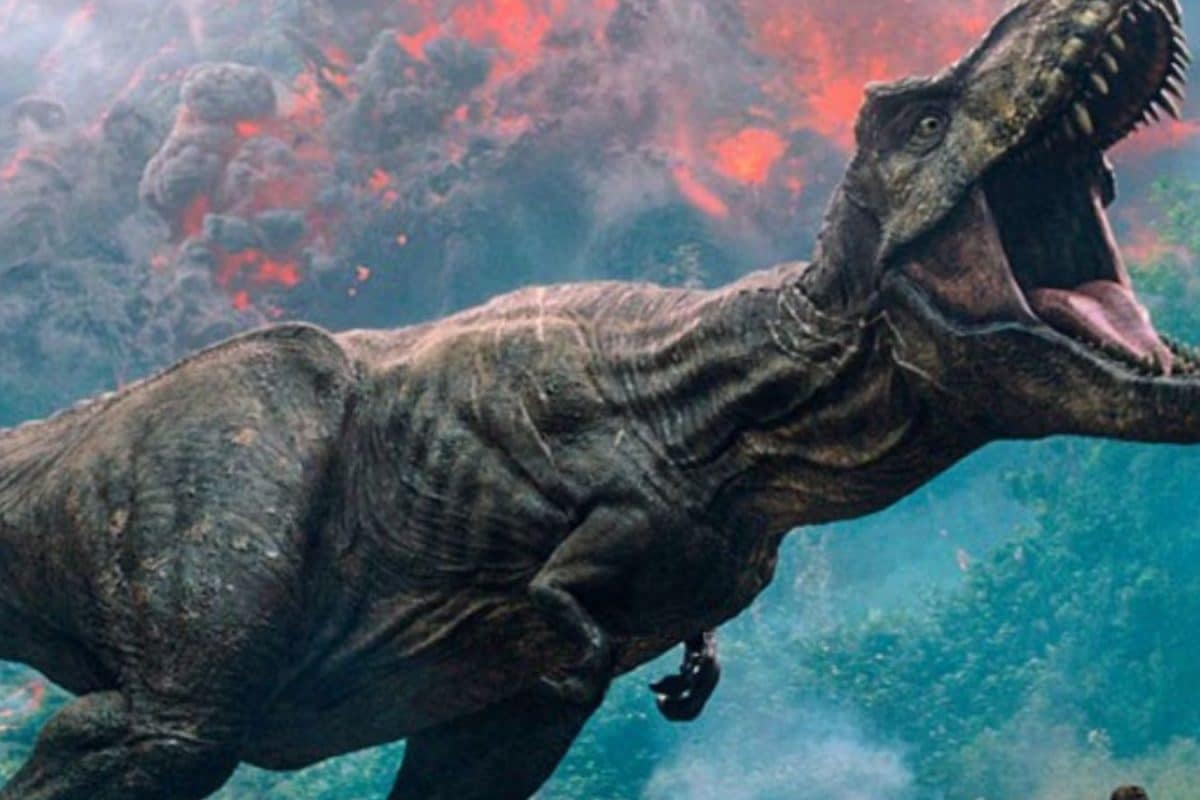

"Jurassic World Rebirth," the latest installment in the long-running dinosaur franchise, has arrived in theaters, and with it, a wave of divided opinions, largely focused on the film's introduction of mutant dinosaurs. While some fans are excited about the fresh, albeit terrifying, twist, others feel it deviates too far from the core of what made "Jurassic Park" a classic.
Set five years after the events of "Jurassic World Dominion," "Rebirth" explores a world where the planet's ecology has become largely inhospitable to the escaped dinosaurs. The remaining prehistoric creatures reside in isolated, tropical environments, reminiscent of their original habitats. A covert operative, Zora Bennett (Scarlett Johansson), is recruited by a pharmaceutical company to secure genetic material from the largest creatures across land, sea, and air, believing it holds the key to a life-saving drug. This mission leads her team to a forbidden island, the site of InGen's original Jurassic Park research facility, where they encounter dinosaurs that have evolved and mutated in shocking ways.
The source of the controversy lies in these new dinosaur designs. Leaked footage and trailers showcase genetically enhanced raptors with camouflage abilities, winged predators with heat vision, and a bioluminescent T. rex hybrid, dubbed the "Distortus Rex" or "D-Rex," sporting six limbs. Gareth Edwards, the film's director, described the D-Rex as a creature that would result if "the T-Rex was designed by H.R. Giger, and then that whole thing had sex with a Rancor". ILM's David Vickery added a tragic element, suggesting the D-Rex's deformities cause it pain.
For many long-time fans, these heavily engineered creatures stray too far from the franchise's roots. Some view it as a move towards the Marvel-esque, losing sight of the original's blend of grounded storytelling and spectacle. Social media has been flooded with expressions of disappointment, with some users claiming the film has "bastardized" the original and that it's time to let the franchise "go extinct". Others feel the introduction of mutant dinosaurs is simply a lazy attempt to keep the franchise going, rather than crafting a compelling and original narrative.
However, not all fans are disappointed. Younger audiences who grew up with the "Jurassic World" films are more open to the idea of genetically enhanced dinosaurs. Some argue that the franchise has always been about genetically engineered monsters, not paleo-accurate dinosaurs. They see the mutant twist as a natural progression, an exploration of what happens when science pushes the boundaries of nature without considering the consequences. Some have also pointed out that the very concept of bringing dinosaurs back from extinction is already unrealistic, so the addition of mutations doesn't necessarily break the established logic.
Furthermore, some argue that the introduction of mutant dinosaurs taps into humanity's hubris and greed, suggesting that if humans possessed dino DNA, they would inevitably experiment and create increasingly dangerous creatures. This perspective aligns with the franchise's recurring theme of the dangers of unchecked scientific ambition.
Ultimately, whether or not the mutant twist in "Jurassic World Rebirth" works depends on individual expectations and perspectives. For some, it's a step too far, a betrayal of the original's spirit. For others, it's a thrilling and logical evolution, injecting fresh ideas into a franchise that was in danger of becoming stale. As audiences flood to the theaters, the debate rages on, leaving the ultimate judgment to the viewers themselves.